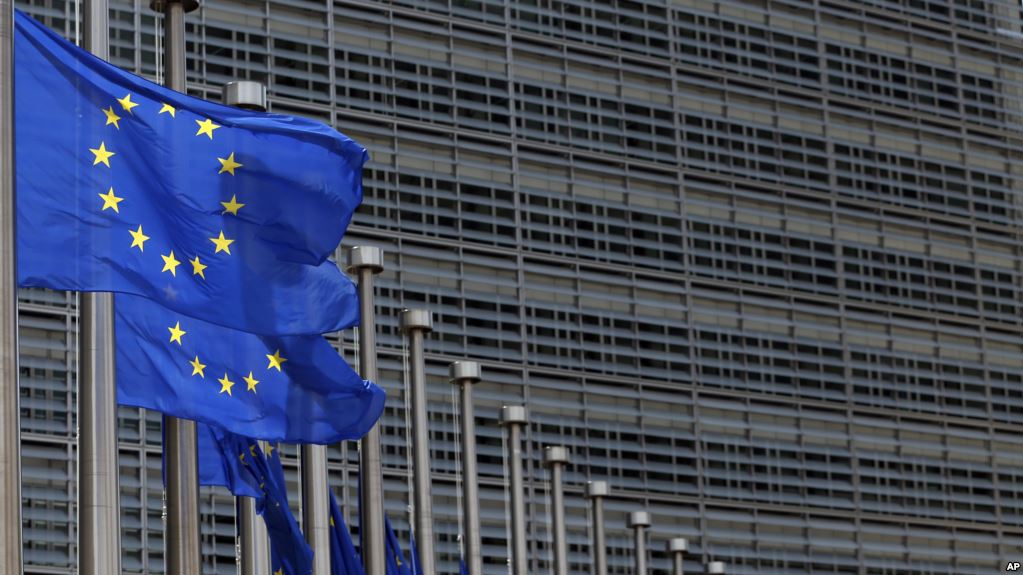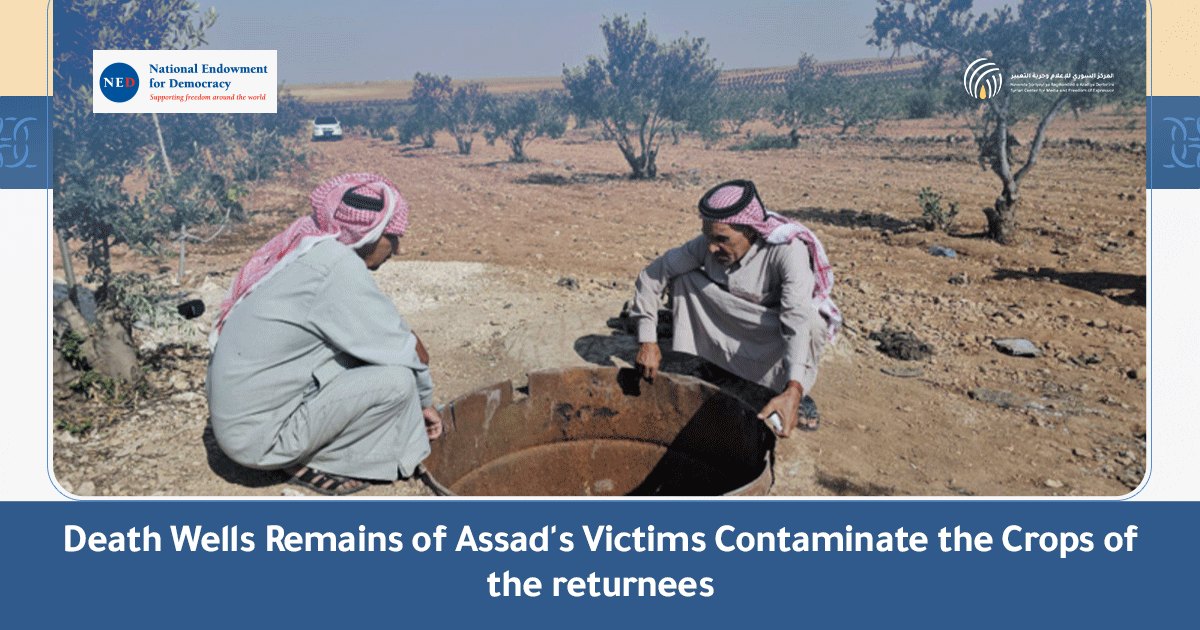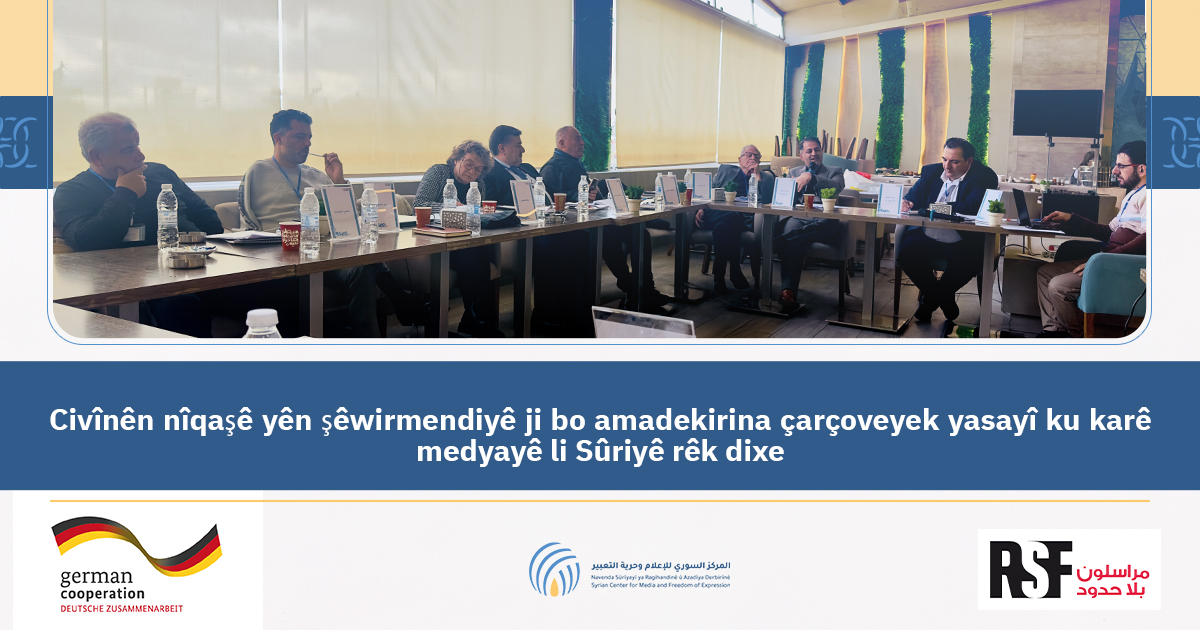A delegation of Syrian civil society representatives visited Brussels-Belgium, yesterday, and met with EU states members representatives, and European External Action Service members, in preparation for the Syrian conference in Brussels, in order to discuss the levels of violence in Syria’s de-escalation zones rapidly deteriorating.
The delegation called on EU to assume a leadership role in creating the political pressure necessary to revive the Geneva-led political process, take the Syria Brussels Conference as an opportunity to amplify support to civil society, by ensuring civil society inclusion throughout the process, and establish a civil society monitoring role for the implementation of the commitments from the Brussels Conference.
“Mazen Darwish” from “Syrian Center for Media and Freedom of Expression”, pointed out that “The complete erosion of agreements and guarantees by Russia, not to mention the farce from the “Sochi” conference, prove the need for our European partners to urgently recalibrate the Geneva process, centralize the role of civil society, and move issues such as civilian protection, release of detainees and aid access to Geneva”.
“The Day After” executive director “Mutasem Syoufi”, stated after the meeting that: “the intensification of attacks in the so-called de-escalation zones not only highlights the absolute fallacy of Russia-led attempts to achieve peace in Syria, but also directly undermines the credibility of the political process as a whole”.
“Ola Albarazi” from the “Local Development and Small Projects Support” said: “We were pleased to receive a strong commitment from the European Union to support the Syrian civil society and the peace process in Geneva, so we hope that when the EU foreign ministers meet once again to be at the top of the list of search for practical ways to enable Europe to use its influence to force the regime and its allies – Russia And Iran – to engage in meaningful negotiations under the auspices of the United Nations It is clear that there is no prospects for the political process in Syria without international influence”.
The delegation also stressed the need to link the reconstruction process to the political transition and cease-fire in Syria, and called for a halt to the political process until the cessation of the attack on Eastern Ghouta and Idlib and the implementation of items 12,13, and 14 of Security Council resolution number 2254. And to Step up support to the growing number of moderate civilian administrations across Syria and particularly inside Idlib, as they are the key partners to the fight against terrorism.
This meeting Synchronized with the deterioration of humanitarian situation in Syria, with the increase of raids on the areas of Idlib and Eastern Ghouta, resulting the death of 46 people in a one day in Eastern Ghouta alone, in conjunction with the continued chemical attacks on civilians in Sarqib-Idlib, and recent developments in Afrin.





